Gardening is a fun, healthy and rewarding activity, but in a survival situation, knowing how to grow your own food is a necessity. In a post-disaster world, having a resource of fresh food will make the difference between a healthy meal and starving.
For this week’s Prep Blog Review I’ve gathered four articles where you can find more than 100 gardening secrets you can start following right now whether you are an experienced gardener or you’ve just begun growing your food.
1. 101 Gardening Secrets the Experts Never Tell You
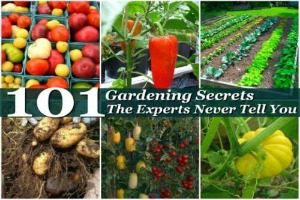
The trick is planning, planting, tending, and harvesting that garden right.
Below, you’ll find everything you need to know to maximize your garden’s production, everything the experts don’t tell you!
How to Grow from Seeds
I like to use natural topsoil to start my garden seedlings in. I usually don’t use potting soil because it generally does not produce the results I want.
I fill a large, deep baking pan with top soil and bake it for thirty minutes at 350 degrees.
This sanitizes the soil and ensures that no unwanted weeds or grass will come up in your soil. I usually start on this project in the winter and I fill up a couple of large plastic barrels with lids with the sanitized soil.”
Read more on Backdoor Prepper.
2. Growing and Drying Your Own Herbs
“As a new gardener, I often found the task of growing prize winning tomatoes and succulent melons very daunting. Can I say succulent melons here? Get your head out of the gutter!
Gardening has never come naturally to me. But I learn and grow each and every year.
I finally began to master tomatoes by the third year of gardening. But I’ve still never mastered the green bean.
It’s easy to get discouraged when you’re gardening, but I’ve found one thing that I can never kill.
I suppose I could if I drenched it in chemicals, but ultimately, they’re very forgiving.
What is it, you ask? Why, herbs, of course!”
Read more on The Fewell Homestead.
3. How to Make Compost with Worms
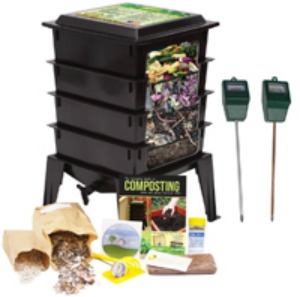
They are hugely efficient at breaking this waste down into high quality compost.
A worm composting system is easy to build from scratch or you can choose an excellent commercial vermicomposting system.
The heart of the system is the worm bin.
This is basically the home for the worms.
It is also where they will work their magic – turning your waste into great worm castings.
A good vermiculture bin has several important components.”
Read more on The Weekend Prepper.
4. Unbelievable Hydrogen Peroxide Uses in Garden You Should Know
“Is it possible? Are there Hydrogen Peroxide Uses in the garden?
Well, yes, it can be useful! Read on to find out how.
Hydrogen peroxide (H2O2) has an extra oxygen atom than Water (H2O), this extra oxygen atom breaks down and the molecule of water releases from this separately.
It is this extra oxygen atom that makes the hydrogen peroxide so useful.
The Hydrogen peroxide is used in cleaning, bleaching, sterilizing, as a disinfectant etc. but it can also be used in horticulture.
In simple words, Hydrogen Peroxide acts as an oxygen supplement for plants (beneficial if used in low strength).
It works by releasing oxygen and it also aerates the soil.”
Read more on Balcony Garden Web.
5. 60+ Amazing Hydrogen Peroxide Uses and Benefits

Read more on Tips Bulletin.
This article has been written by Drew Stratton for Survivopedia.


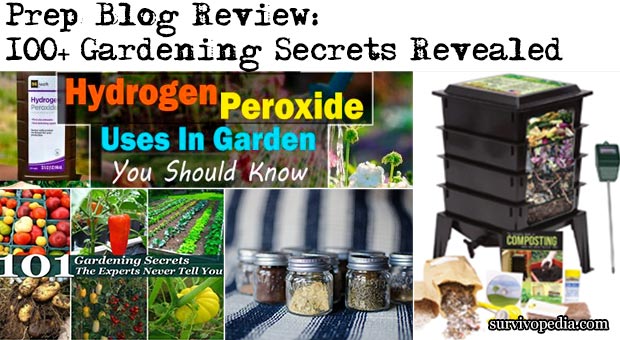

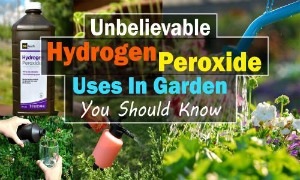
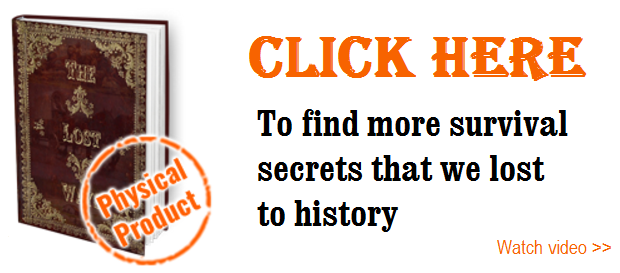
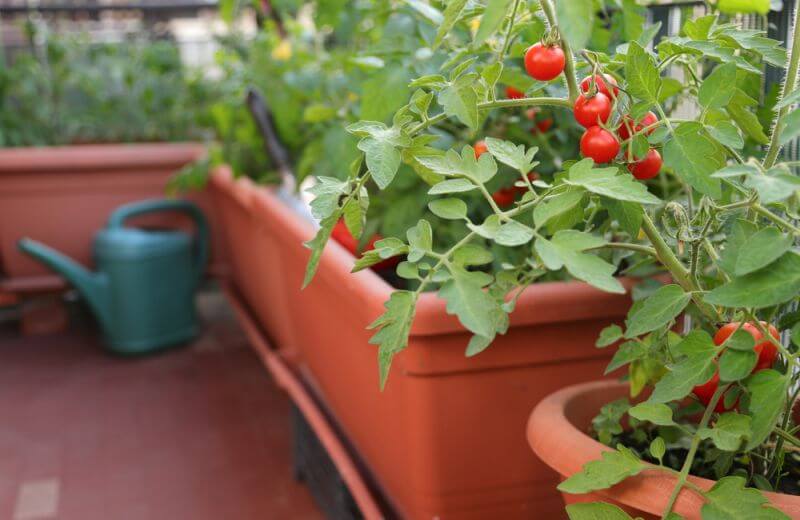
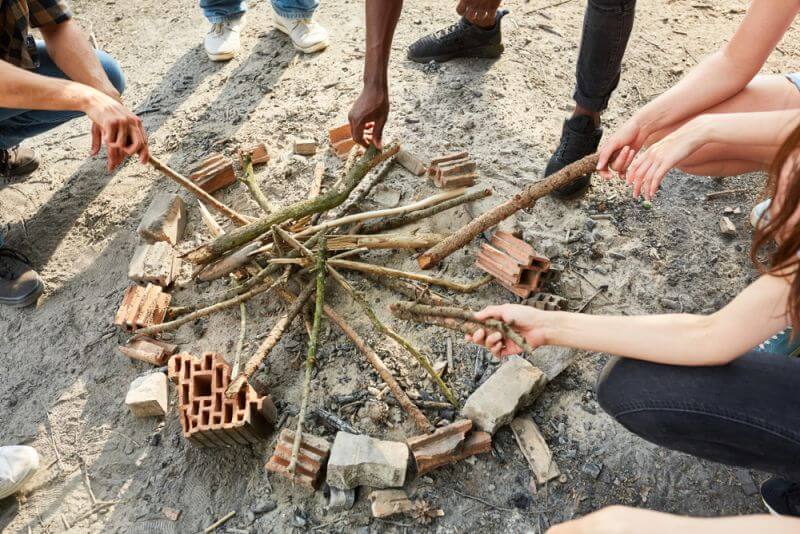

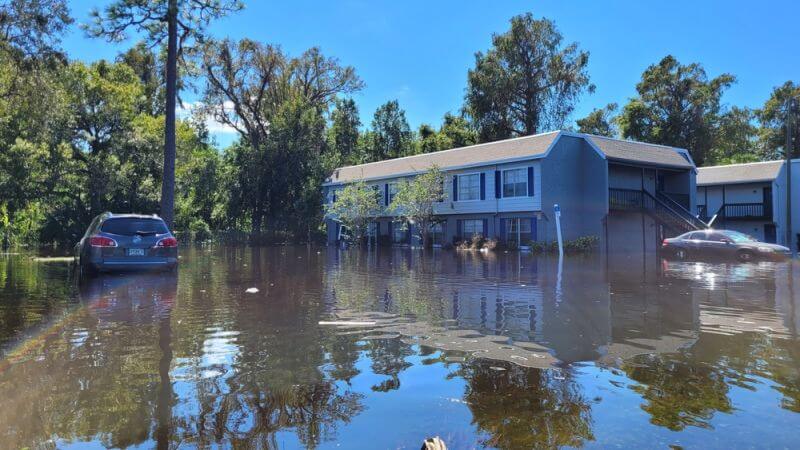

Harvey Lee | January 15, 2019
|
Great Post! I love gardening but don’t know much about it. Thanks for sharing these gardening secrets. These secrets are very helpful to me. I really like this post. Thanks and keep sharing.
Sarah | January 2, 2020
|
The H2O2 uses were new to me. Thank you for sharing it.